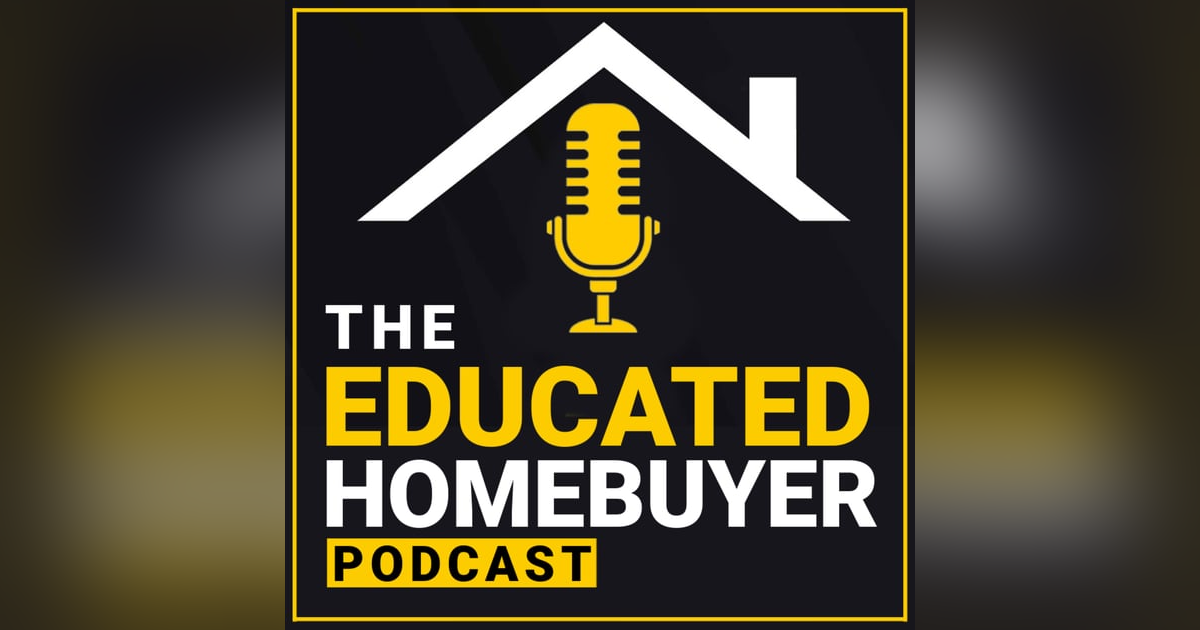Renting vs. Owning a Home: What’s the Best Financial Move?

Renting vs. Owning a Home: What’s the Best Financial Move?
Introduction
If you've been debating whether to buy a house or keep renting, you're not alone. With home prices at record highs and affordability at record lows, this might be the toughest time in history to make that decision of renting vs owning a home. Is renting really just throwing money away, or is homeownership an overrated financial burden?
The truth is, there’s no one-size-fits-all answer. The right choice depends on your financial discipline, long-term goals, and lifestyle preferences. Let’s break down the numbers, common misconceptions, and practical considerations to help you make the most informed decision.
The Financial Case for Homeownership
1. Homeowners Have 40x Greater Net Worth Than Renters
A commonly cited statistic is that homeowners in the U.S. have 40 times the net worth of renters. That’s because nearly 50% of a homeowner’s net worth is tied to home equity.
2. Fixed Housing Costs vs. Rising Rents
- When you buy a home, you typically lock in your monthly principal and interest payment with a fixed-rate mortgage.
- Rent, on the other hand, increases over time. Historical data shows that rents tend to rise about 3% annually, which compounds significantly over decades.
3. Leverage and Home Appreciation
- Real estate typically appreciates at 3-5% per year over the long term.
- Homebuyers use leverage, meaning they control a large asset (a home) with a relatively small investment (their down payment).
- A 5% down payment on a $400,000 home means you're leveraging $20,000 to control a $400,000 asset.
- If that home appreciates by just 5% in one year, you've gained $20,000 in equity—a 100% return on your initial investment.
4. Forced Savings Mechanism
For most homeowners, a mortgage acts as a forced savings account. Every month, part of your mortgage payment goes toward paying down your loan, building your equity over time.
The Case for Renting
1. Investing the Difference Can Be More Lucrative
If you take the money you would have spent on a down payment, closing costs, and maintenance and invest it in the stock market, historical returns of 8-10% per year can potentially outpace home appreciation.
2. Flexibility and Mobility
- Renting allows you to move easily for job opportunities, lifestyle changes, or financial adjustments.
- Homeownership ties you down—selling a home takes time and comes with closing costs (typically 6% of the sale price).
3. No Maintenance or Unexpected Costs
- Maintenance and repairs (typically 1-2% of home value per year)
- Property taxes and homeowners insurance
- HOA fees (in some communities)
Breaking Down the Numbers: A Real-World Example
Buying Scenario
- Home Price: $425,000
- Down Payment: $21,250 (5%)
- Monthly Mortgage (incl. taxes, insurance, PMI): $3,600
- Maintenance/Upkeep: ~$300/month
- Total Monthly Cost: $3,900
Renting Scenario
- Rent for Similar Home: $2,300/month
- Renter’s Insurance: ~$20/month
- Total Monthly Cost: $2,320
Final Thoughts: Making the Right Choice for You
The decision to rent vs. buy ultimately comes down to your financial habits, life stage, and personal goals. If you’re ready to commit to homeownership, the key is to buy below your means, build a financial cushion, and plan for the long term.
Next Steps
If you're ready to start your home-buying journey, visit TheEducatedHomeBuyer.com/start to get pre-approved and connect with top real estate professionals!
Did this article help you? If so, hit the 👍 button and subscribe to our newsletter for expert insights on buying smart and building wealth through real estate!


